This is our first “deep dive” episode that goes into detail on one topic. Pronounced, el-pee-little-a, this lipoprotein is simply described as a low-density lipoprotein (LDL) that has an apoprotein “a” attached to it…but Lp(a) goes far beyond its description in terms of its structure, function, and the role that it plays in cardiovascular health and disease. Affecting about 1-in-5 people, and not on the radar of many doctors, this is a deep dive into a very important subject for people to understand.
Subscribe on: APPLE PODCASTS | RSS | GOOGLE | OVERCAST | STITCHER
* If you would like us to do a deep dive on a particular topic, please submit your request to the comments section of this post. Please look at the existing comments before posting, and “upvote” the topic (or topics) you want us to cover. *
Note: this podcast gets technical at times. The figures in the show notes are your friends. They truly speak more than a 1,000 words apiece. I can’t emphasize enough how helpful it is to look at the figures before, during, and/or after I try verbally walk you through things like kringle repeats, molecular weight isoforms, lysine-binding domains, and plasminogen homology, as a few examples. If you stick with it, I think you will be rewarded.
We discuss:
- A quick primer on lipoproteins [7:30];
- Intro to Lp(a) [11:00];
- Lab tests for Lp(a) and reference ranges [20:00];
- The physiologic functions of Lp(a) [31:00];
- The problems associated with high Lp(a) [34:15];
- Lipid-lowering therapies of Lp(a) [44:45];
- Lp(a) modification through lifestyle intervention [1:00:45];
- High LDL-P on a ketogenic/low-carb-high-fat diet [1:05:30]; and
- More
§

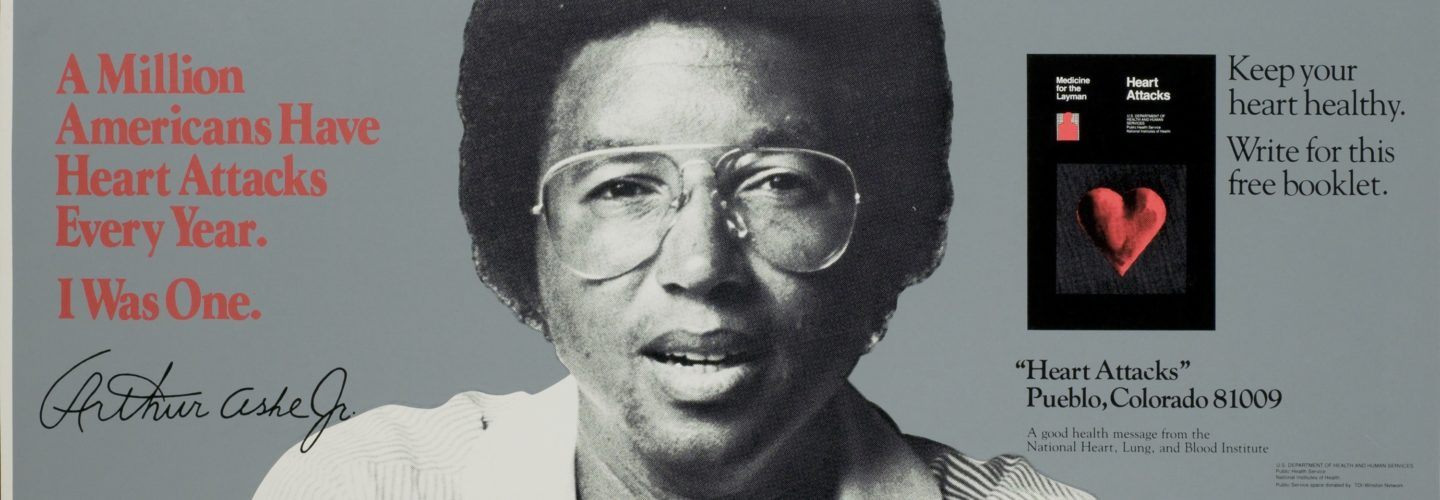
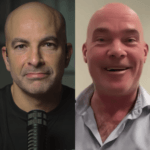
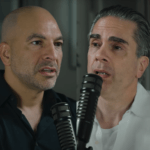
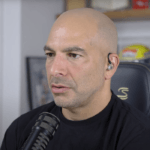
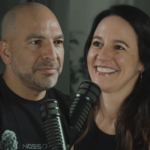
It would be great if you could consider doing an episode on the chronic use of proton pump inhibitors, hypochlorhydria, protein maldigestion and the various factors that influence gastric acid production.
Deep dive discussion on plant based diet effect on healthspan and disease control.
I’d love a deep dive on Dr. Attia’s thoughts on whole food plant based research.
Deep dive discussion of HRT/TRT in post-menopausal women
Please take a look at an update in the show notes for more info on hormone therapy as Tom Dayspring provided some additional insight there.
True Health Diagnostics has an Lp(a)-P assay.
Lp(a) in mg/dL.
Lp-PLA2 activity in μmol/min/L.
The OxPL/apoB ratio is explained in this paper.
Take a look at the show notes from AMA #1: Peter gets into this.
A lot more to the story than the 60 seconds! Check the show notes again as I updated it with some feedback from a lipidologist on the subject.
I think you said in the podcast that you don’t prescribe niacin due to the rise in HDL-C (has no effect on HDL-P) because raising HDL-C inorganically has not been shown to be protective and there are concerns with the niacin driven increase in HDL-C. What is the concern with niacin and HDL?
Deep dive into APOE 4 I’m a 62 year old female who inherited this gene from both parents. I’ve been following the Bredesen protocol (more or less) for the past couple of years and have been following you since your cholesterol series–actually, that’s why I did 23andme.
Hello Peter, Hello Bob, thank you for this awesome job. As an MD, I’m happy to discover subjects on which I have poor knowledge. (Also it’s not my main interest as an anesthesiologist in ENT surgery)
Some people highlight the fact that ascorbic acid could makes things better as the vitamin C prophet Pauling told. Any idea on this topic ? Thanks
Peter,
Can you comment on Polyphenols in the prevention/reversal of CAD? Can you comment on NAD+ for longevity and improvement in healthspan?
How about review of what is known/not known about the amount/type of exercise that assists healthspan after midlife, say 40-50, what seems to make little further marginal improvement, and what may be detrimental. Seems, broadly, to be a U shaped curve, without solid numbers. Or what is minimum effective dose to achieve, say, 95% of healthspan benefits.
Hi Great discussion. If you have one of these people in your family who reacts negatively to too much saturated fat, as I do, what then do you feed them? Avocados, macadamias, olives and fish work well but gets a little boring (even for a keto diet)
What would be better? Increasing the protein a little or increasing the carbs? A little of both? Help! If you are going to give up being
in ketosis whats the next best thing?
Deep dive on HRT please
At the end of the show, you mentioned if the listener isn’t a patient or physician than the show is probably not for them.
Just want to let you know your show appeals to others in medical education! I am a premedical student entering medical school and this stuff is right up my alley. Been reading your content for 4+ years since I became interested in Ancestral health freshman year in college.
Keep up the great work!
Deep dive into cancer prevention or additional ( to conventional medicine ) treatment through diet, sleep, exercise, fasting, general lifestyle etc
Deep dive on HRT for post menopausal women please
I second this, with focus on recommendations for ApoE4.
Second both ApoE4 and hormone replacement discussion
Interview/Discussion with Aubrey de Grey on the subject of Longevity!